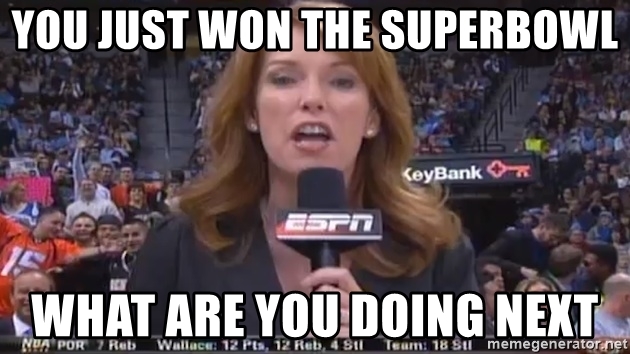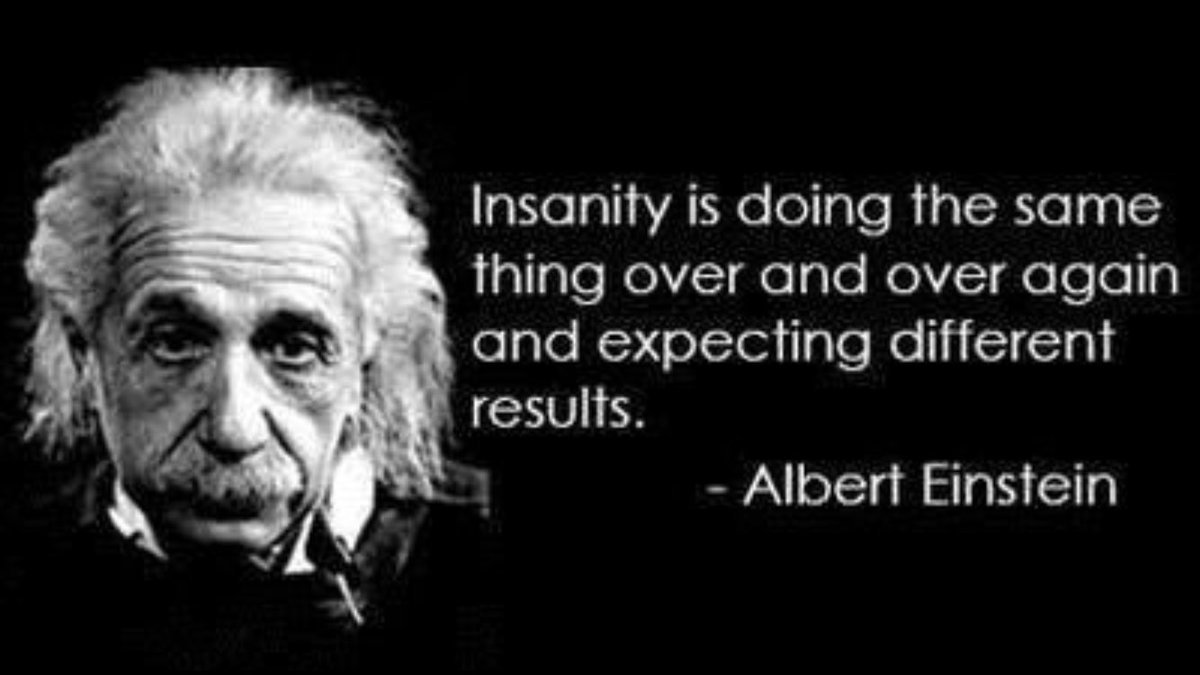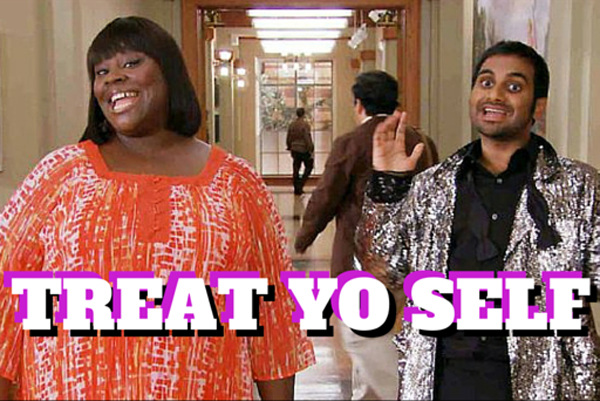What to do AFTER the Goal
This is the third and final post in my before, during, and after the goal series. So at this point, once you have created an effective goal, and persevered throughout your goal achievement process, you have finally made it to the end.
So what happened? Did you achieve the goal, or did you fail?
Of course, everyone has done both of those things. Therefore, my advice in this blog post will be broken down by whether or not you achieved the goal, because either way, there is plenty to do.
Let’s start with the more likeable option:
You achieved your goal!
What will you do next?

My advice is to first take time to celebrate. Hopefully you have thought through some possible rewards that you could give to yourself, but if not, now is the time to do so. You worked hard, and you deserve to treat yourself.
But once the partying is done, it’s time to get to work again. Because if you successfully completed a goal, you may want to capitalize on that momentum. So to do this effectively, take time to consider what went well, what worked, and what didn’t work. That way, you can immediately begin working on your next crowning achievement.
To summarize, if you achieved your goal, your next steps may sound like this:
- Say yay, I did it!!!
- Ask yourself: what’s next?
Alrighty, now it’s time to talk about the less likeable option.
You failed at your goal 🙁
Personally, when I fail to achieve a goal, I like to reserve a little time to wallow in self pity. Nothing too intense of course; just a handful of oreos or a quick 5 episodes of Frasier on Netflix…you know, the usual stuff. But then, it’s time to get back to work.
First, take the time to analyze why you weren’t successful. Was the goal too much of a reach, or too easy? Was it your system, steps, or timeline? Taking a moment to understand these details will help immensely once you begin the next goal.
Secondly, consider your motivation. Is it still the same as it was when you began your goal? If not, perhaps this goal is not even worth your time and effort. But if your motivations are still present, then there is only one thing to do…
TRY AGAIN!!!
Instead of considering this a failed goal, consider it a first attempt. For your second attempt, what will be different? How will you ensure that you will be successful? Remember: This was not a waste of time if you learned something.

To summarize, if you failed to achieve your goal, your steps may sound like this:
- Briefly wallow.
- Determine where it went wrong.
- Ask yourself: do I even still care about this?
- Either try again, or make a new goal – but either way, determine what will be different.
So there you have it. Some easy, yet critical steps for the ending of any goal. And as always, I leave you with this thought experiment:
What do you typically do after finishing a goal?



